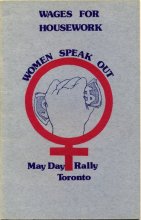This arresting essay presents an in depth account of the so-called 'system-upgrade' of welfare reform in the UKplc: Universal Credit
Reposted from: http://de-arrest.me/
For the sword outwears its sheath,
And the soul wears out the breast,
And the heart must pause to breathe,
And love itself have rest.
Faced with trauma, language’s impoverishment is exposed. Other emotional experiences - love, anger, depression, hunger, or even desire, that infest the body with unfamiliarity, find explication through writing. They begin with a want, so find satiation in language, or at the very least, a sense of control. Faced with trauma, language is depleted into inarticulacy, a muted mess of choked words and insubstantial descriptions.
Mute Books Orders
For Mute Books distribution contact Anagram Books
contact@anagrambooks.com
For online purchases visit anagrambooks.com












